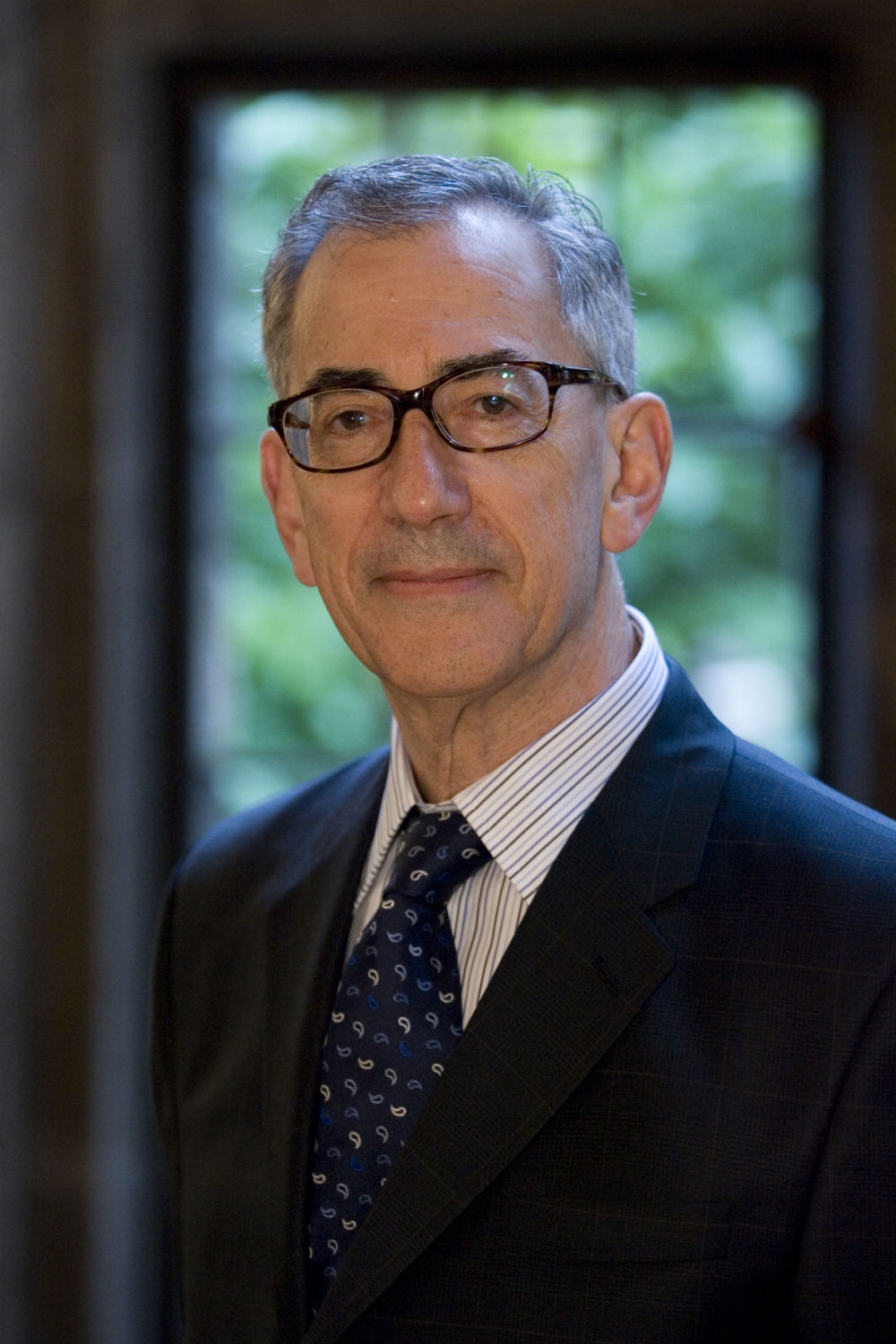Michael Klein elected honorary fellow of Trinity College at Cambridge
College of Science and Technology Interim Dean Michael Klein has been elected as an honorary fellow of Trinity College, a college of the University of Cambridge in the United Kingdom.
“It is a rare honor to be elected an honorary fellow of Trinity College and it was somewhat of a surprise,” said Klein, director of Temple’s Institute for Computational Molecular Science and Laura H. Carnell Professor of Chemistry. “I’m going to enjoy the association.”
Founded in 1546 by England’s King Henry VIII, Trinity is a “college of mathematicians and scientists,” said Klein. Among its alumni are 31 Nobel Laureates; five recipients of the Fields Medal for mathematics; and noted scientists such as Sir Isaac Newton, James Maxwell, Ernest Rutherford and Niels Bohr.
“It’s a pretty elite group of alumni,” he said.
Trinity College also has more than 160 fellows, who are responsible for maintaining the college as a place of education, learning and research. “Many of them are quite eminent in their academic fields,” said Klein, a native of the United Kingdom who was born in London.
Klein joins an elite group of less than 30 honorary fellows of Trinity, who are generally alumni elected based on having attained high distinction in academic or public life. The group includes Prince Philip, the Duke of Edinburgh; Prince Charles, the Prince of Wales; and, most recently, mathematician Andrew Wiles, who is noted for proving Fermat’s Last Theorem.
Although Klein is not an alumnus of Trinity College, he does have connections to Cambridge and the college. He was first invited to visit Cambridge University in the early 1980s while working for the National Research Council of Canada, and in 1985 was again invited to Trinity as a fellow commoner and spent six months there doing research. He later served as a visiting professor Sydney Sussex College, which is also a part of the University of Cambridge.
In the past decade, Klein has twice served on international review panels of chemistry and chemistry research in his native United Kingdom, both involving the University of Cambridge.
Klein believes these associations, as well as his international reputation for pioneering work in computational chemistry, that led to his election as an honorary fellow.
He is a fellow of the National Academy of Sciences, American Academy of Arts and Sciences, Royal Society of London, Royal Society of Canada, The World Academy of Science, Indian Academy of Sciences, Mongolian National Academy of Sciences, American Physical Society, Institute of Physics (UK), Royal Society of Chemistry, Chemical Research Society of India and the Materials Research Society of India.
